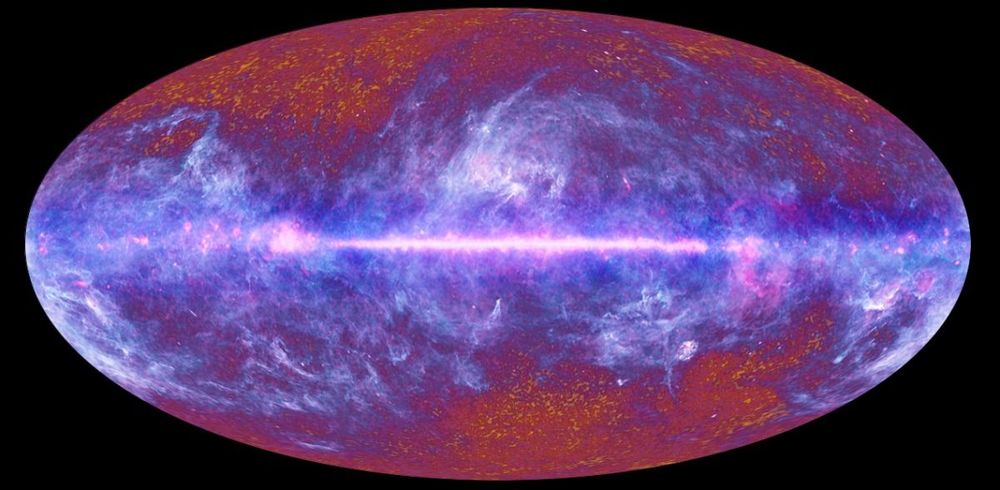The biggest, oldest black holes in the universe shouldn’t technically exist. A new study provides fresh evidence for the weird, “direct collapse” process that may have made them.


Sir Roger Penrose also claims that another universe will exist after this one.
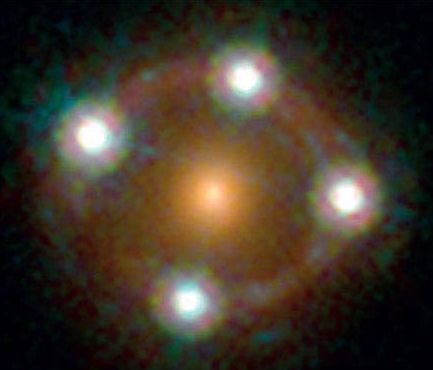
“At first, we thought it was absurd. How else could you respond to the idea that black holes generate swirling clouds of planet-sized particles that could be the dark matter thought to hold galaxies together? We tend to think about particles as being tiny but, theoretically, there is no reason they can’t be as big as a galaxy,” said theoretical physicist Asimina Arvanitaki, at the Perimeter Institute for Theoretical Physics referring to the heated debate about the standard model for dark matter that proposes that it is ‘cold,’ meaning that the particles move slowly compared to the speed of light which is tied to the mass of dark matter particles. The lower the mass of the particle, the ‘warmer’ it is and the faster it will move.
On January 9, NASA physicists using the Hubble Space Telescope reported that although the type of particle that makes up dark matter is still a mystery, a compelling observational test for the cold dark matter passed “with flying colors,” The NASA team used a new “cosmic magnifying glasses” technique that found that dark matter forms much smaller clumps than previously known, confirming one of the fundamental predictions of the widely accepted “cold dark matter” theory.
Physicists at the University of California, Davis, taking the temperature of dark matter, the mysterious substance that makes up about a quarter of our universe now report that the model of cold (more massive) dark matter holds at very large scales” said Chris Fassnacht, a physics professor at UC Davis, “but doesn’t work so well on the scale of individual galaxies.” That’s led to other models including ‘warm’ dark matter with lighter, faster-moving particles and ‘hot’ dark matter with particles moving close to the speed of light that have been ruled out by observations.
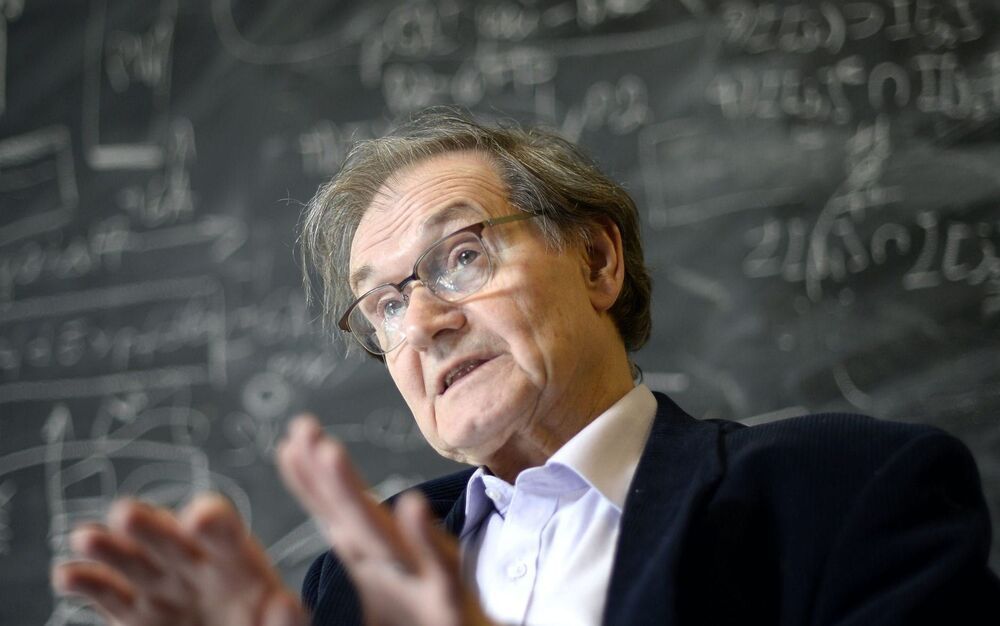
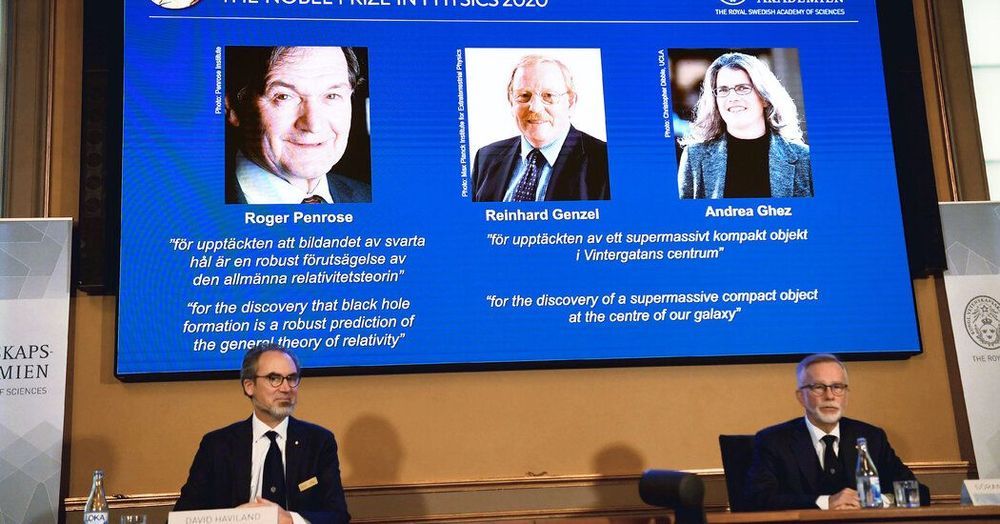

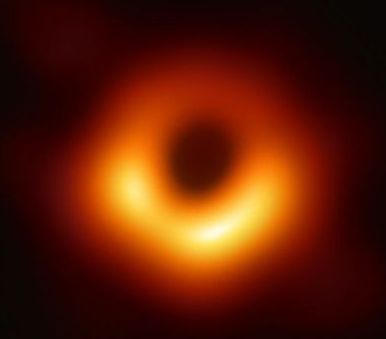
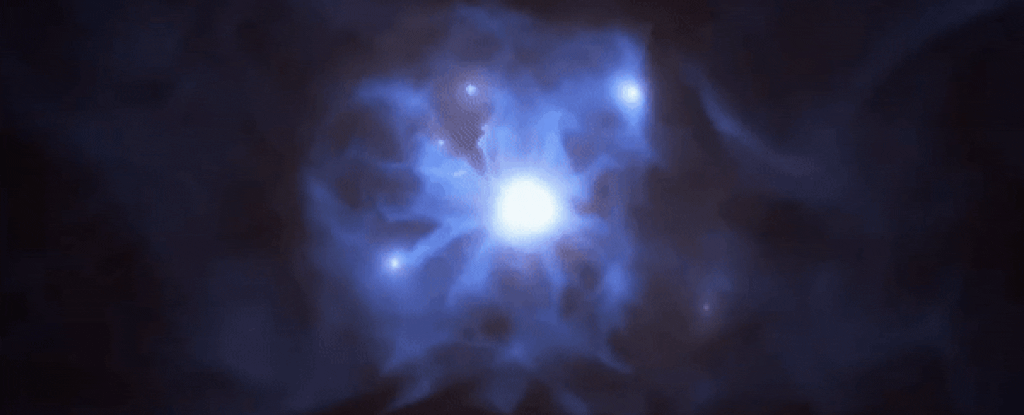
Astronomers have discovered six galaxies ensnared in the cosmic “spider’s web” of a supermassive black hole soon after the Big Bang, according to research published Thursday that could help explain the development of these enigmatic monsters.
Black holes that emerged early in the history of the Universe are thought to have formed from the collapse of the first stars, but astronomers have puzzled over how they expanded into giants.
The newly discovered black hole — which dates from when the Universe was not even a billion years old — weighs in at 1 billion times the mass of our Sun and was spotted by the European Southern Observatory (ESO).
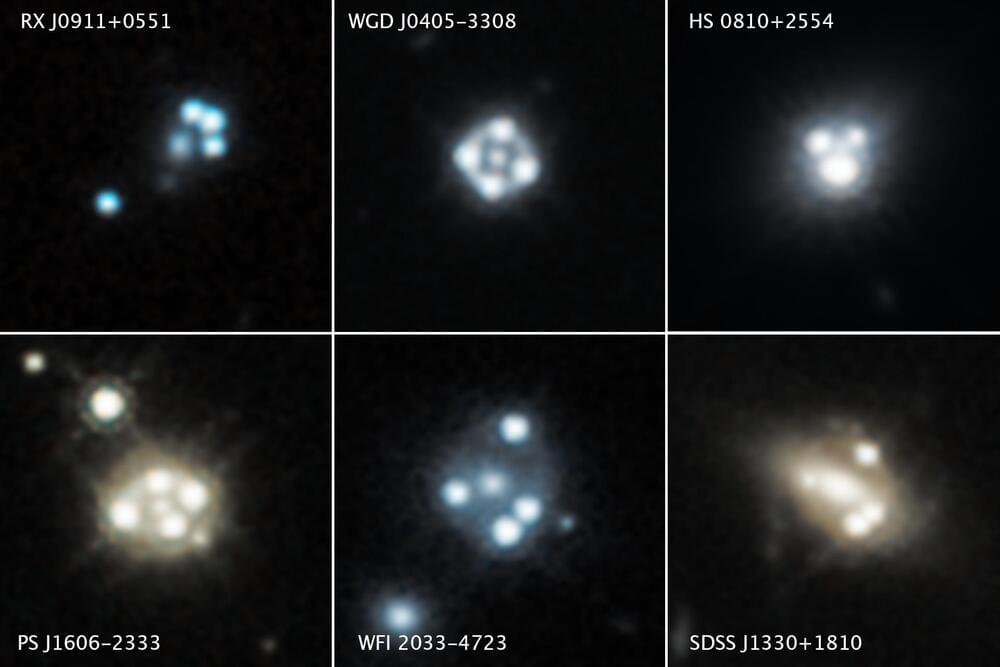
Using NASA’s Hubble Space Telescope and a new observing technique, astronomers have found that dark matter forms much smaller clumps than previously known. This result confirms one of the fundamental predictions of the widely accepted “cold dark matter” theory.
All galaxies, according to this theory, form and are embedded within clouds of dark matter. Dark matter itself consists of slow-moving, or “cold,” particles that come together to form structures ranging from hundreds of thousands of times the mass of the Milky Way galaxy to clumps no more massive than the heft of a commercial airplane. (In this context, “cold” refers to the particles’ speed.)
The Hubble observation yields new insights into the nature of dark matter and how it behaves. “We made a very compelling observational test for the cold dark matter model and it passes with flying colors,” said Tommaso Treu of the University of California, Los Angeles (UCLA), a member of the observing team.
